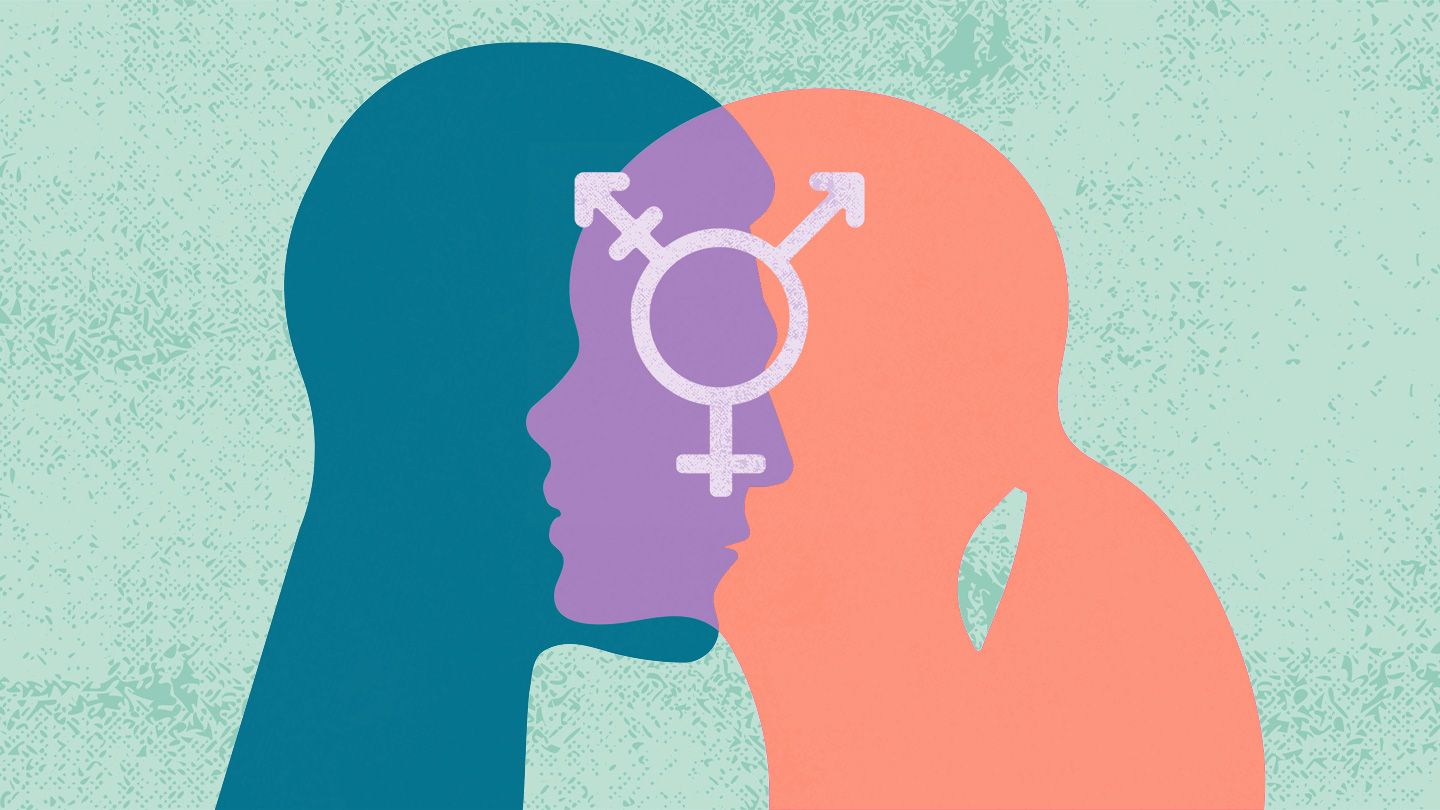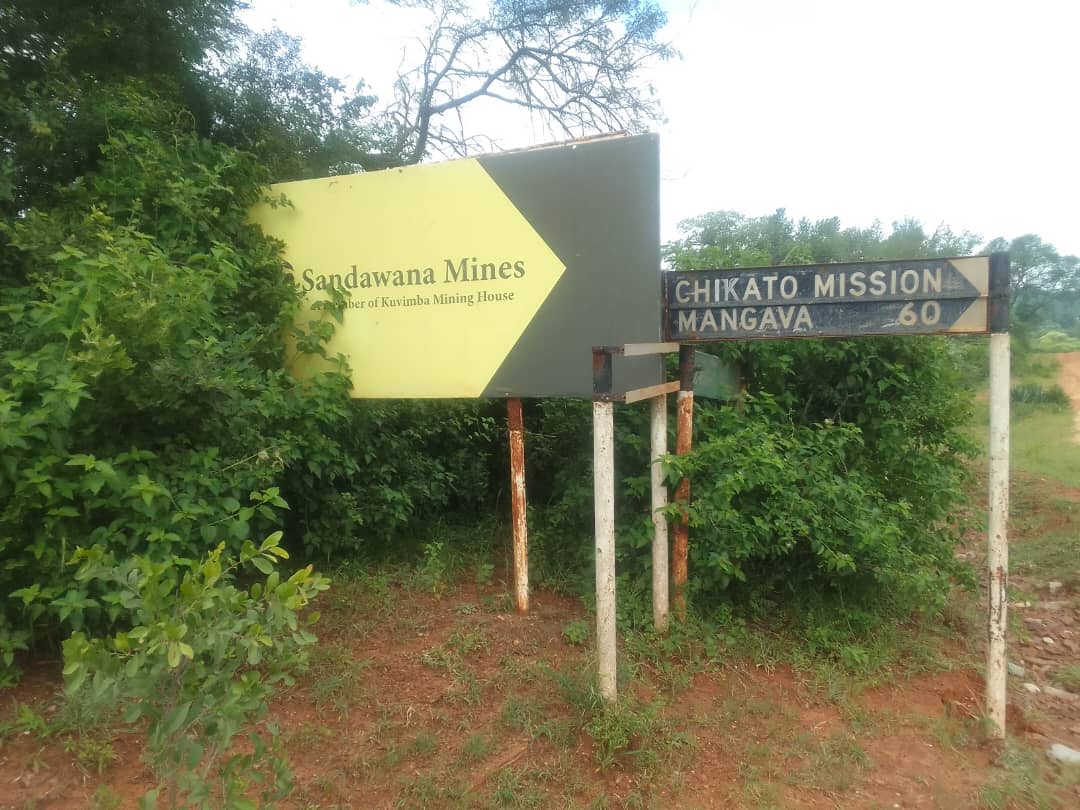Claude Kabemba
One critical variable in the debate on energy transition is how gender perspectives have been considered. Placing gender as a prominent issue in the just transition conversation is critical for the success of the energy transition in Africa.
In much of the literature on gender, energy and climate change, women have been categorised as vulnerable groups and victims in need of protection from climate change risks. If the energy transition is going to be just, it would need to have a strong gender inclination.
Put differently, when assessing the climate change crisis and the energy transition, it is imperative to apply gendered lenses on how most Africans (women and girls in particular) are shaping and impacting on the energy transition discourse.
The climate change crisis and energy projects make the situation for rural women particularly precarious. The green energy revolution is being rolled out across parts of the region in a way that does not benefit women and their communities.
Most of the time these projects are privately owned, and they are usually for profit. The energy produced does not benefit a woman on the ground; it goes to the elite in urban areas, to mining companies, and to industry.
It excludes people from the benefits of their repossessed land. In this case green energy is not much different to the dirty energy projects (coal, oil and gas) which also displace women from their land and limit women’s access to energy, to water, and to livelihoods.
The very people who most need access to clean energy are being left out. The challenge for the energy transition process is how to ensure that women’s voices are heard and are fully-represented. Most people in Africa are still rural-based, and most of the peasant farmers are woman.
The relationship between women and land in the rural setting exposes them more to the impact of climate change than any other group. Women’s gender-prescribed roles in the rural community have made them collectors of water and wood for cooking, and food providers through farming.
Energy consumption itself is a gendered issue, because of the traditional roles that men and women occupy. Both genders use energy, but in noticeably different ways. Women and girls in particular are expected to venture out in search of natural energy sources such as wood and cooking fuels.
They must dedicate a large part of their waking hours to collecting fuel, while opening themselves up to safety risks as well as facing health risks due to inhalation of these fuels. Access to secure, sustainable and clean energy will immensely contribute to the upward mobility of rural women “through socio-economic strata and can break generational poverty scenarios while simultaneously creating generational wealth scenarios.”
Therefore, the challenges of energy transition should “intersect with the need to define a clear pathway for clean, prosperous development that is rooted in equity and justice.”
Women understand quite fundamentally how we are connected to nature. They also understand how we need to live in harmony with nature. Women (and particularly women peasant farmers across the African region) understand these relationships and interdependencies. When land is grabbed and other resources are stolen by extractors (often by large dirty energy projects) this tends to impact profoundly on women and their communities.
It is not just that women are unable to provide for their families, but they also do not benefit from the meagre compensation payments for the loss of land that men capture as dictated by patriarchal norms. Women have a relationship to land that they don’t own; the land is usually owned by men or by traditional leaders (who are also men).
It is important to recognise that if there is a group that needs to be prioritised in terms of access to green energy it is rural women who currently depend on charcoal, with all its environmental and health costs.
There are initiatives being set up to empower women, such as the International Finance Corporation’s Women in Renewable Energy in Africa Network (W-REA), but these initiatives focus on professional women in sub-Saharan Africa’s renewable energy sector and not rural women.
Rural women are excluded; nothing exists to empower rural women to have their voices heard and to participate in the provision and control of green energy.
If Africa aspires to a holistic development, the inclusion of rural women in energy transition discussions and solutions is essential. There is an urgent need to stop a green energy revolution embedded in the ideologies of the existing modern economy and patriarchal systems that exclude and marginalise women.
The transition therefore is not just about energy, it is also about the move away from existing systems that are causing harm to women in rural areas. As we recognise gender as an issue in the just energy transition, we also need to make efforts to answer the immediate cultural, socio-economic, and political problems facing women as essential in reaching a truly gender and energy equal society.
Research has shown that gender-based violence (GBV) decreases when households have access to sustainable energy.
According to the African Centre for a Green Economy, “This theory is based on the understanding that electricity increases women’s access to information through televisions and radios, which exposes them to various global views on issues around GBV. This thinking is also supported by the view that with more information, women are enlightened and empowered to defend their rights and guard themselves against any form of violence. This also quickens and makes GBV response measures more feasible especially to women in rural areas.”
The impact on women and their communities of an energy transition reinforced by patriarchal norms leaves women’s voices out of decision-making around the energy transition.
By ensuring that women’s voices are heard as we implement the energy transition, we are also redressing other injustices. We need to frame the energy challenge from a gender or a feminist perspective.
We need to address the issues of ownership of land and other resources so that it is not privately held but is in the hands of those who grow the food and are closest to the land.
Through a truly just energy transition, women will attain improved health, which benefits the well-being of entire communities. Accessible clean energy will also create increased opportunities for women to acquire education and pursue income-generating activities.
This is a Southern African Trust publication authored by Claude Kabemba








